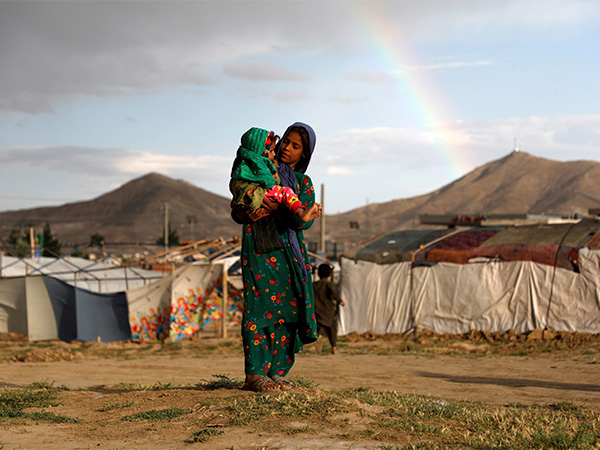Tajikistan's Aggressive Deportations of Afghan Refugees Amid Geopolitical Shifts
Amid mounting geopolitical tensions in Central Asia, Tajikistan has begun mass deportations of Afghan refugees, causing panic and distress among affected families. Despite many holding legal refugee status, over 150 individuals have been forcibly removed, raising urgent calls for international intervention and protection for vulnerable communities.

- Country:
- Tajikistan
In a sudden and controversial move, Tajikistan has initiated mass deportations of Afghan refugees just days before a government-imposed 15-day deadline. Citing insider reports, Khaama Press revealed that more than 150 individuals were apprehended from public areas and markets, and subsequently deported, prompting widespread fear among the refugee population.
The deportations have been indiscriminate, affecting men, women, elderly, and minors under 18. Families have tragically been torn apart, with children and parents separated between borders. Alarmingly, many deportees hold legal refugee status, with some even recognized by the United Nations High Commissioner for Refugees (UNHCR) and engaged in ongoing asylum procedures.
Analysts suspect the deportations may be linked to shifting regional geopolitics, particularly following Russia's recognition of the Taliban regime. Tajikistan's historical stance against the Taliban appears to be wavering, potentially realigning with Moscow's strategic interests. This geopolitical pivot underscores the urgency for international intervention to protect displaced Afghan communities from coercive expulsion.
Most of the Afghan refugee community resides in Wahdat, near Dushanbe, where infrastructure is already under strain. The deportations exacerbate hardships for both refugees and local residents. Calls for action are intensifying, with online petitions urging Canada to expedite asylum processes. Humanitarian advocates warn of escalating chaos and urge Ottawa to fast-track emergency evacuations.
Despite international involvement, including from the UN, the Tajik government has remained unresponsive to criticisms regarding their international refugee obligations. Observers fear continued inaction could result in further unlawful deportations and endangerment of vulnerable families. The convoluted situation demands immediate international focus to prevent worsening humanitarian violations.
(With inputs from agencies.)
ALSO READ
Canada's First Nations Mount Legal Battle Against Fast-Track Infrastructure Laws
Canada's Oil Sands: Leading the Cost-Cutting Revolution in North America's Energy Sector
Mexico and Canada Unite Against U.S. Tariffs
Negotiations Over Softwood Lumber: Canada's Stance
UNHCR Highlights Crisis: Afghan Migrants Face Unstable Future Amidst Deportations










